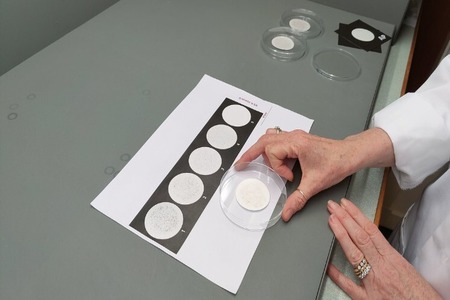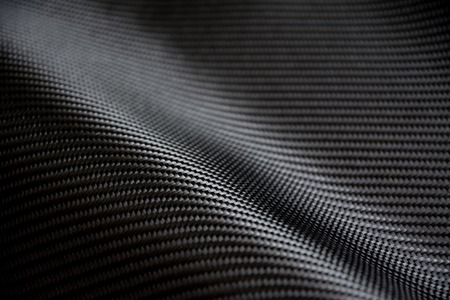
First ever Spinnova plant initiated by Woodspin
YarnsandFibers News Bureau 2023-06-06 18:39:23 – FinlandSuzano, the world's largest pulp producer, opened the first factory to produce wood-based Spinnova fiber in commercial scale in collaboration with Finnish sustainable textile pioneer, Spinnova. Woodspin, which is a partnership between two companies, will operate a plant that produces 1,000 tons of sustainable, recyclable, and biodegradable textile fibers every year. These fibers will originate from wood that has been harvested in an environmentally friendly manner.
Suzano is operating its first factory outside Brazil in this facility, and Woodspin intends to build another site to expand its production capacity. By 2033, it is planned to increase the yearly manufacturing capacity of Spinnova fiber to one million tons.
Christian Orglmeister, executive director of new business at Suzano, stated that "At Woodspin we are bringing Spinnova's innovative biodegradable textile fiber to the market, made using Suzano's abundant supply of responsibly sourced eucalyptus pulp. This has a radically lower environmental impact than alternative fibers such as cotton, offering one of the few genuinely scalable solutions to support sustainable production. We’re excited to ramp up production and create positive change."
The cutting-edge plant, which can produce textile fibers with no emissions, also takes a complete approach to sustainability and circularity. Heat is the only by-product of Spinnova production, hence no environmental permit is needed to run the facility. Excess heat is reused in the nearby heating system through an advanced technology, which saves around 2.4 kg CO2e per kilogram of fiber produced that would otherwise be required for heating. Woodspin's large-scale plant saves more emissions than it produces when combined with an environmentally friendly production method.
Company's CTO Juha Salmela explained, “Spinnova’s patented fiber production process doesn’t require any harmful chemicals or dissolving, nor does it generate waste or microplastics. It has a 74% smaller life cycle carbon footprint and uses 99.5% less water compared to conventional cotton production. The result is a natural, cotton-like textile fiber that meets the rigorous environmental and performance demands of brands and consumers alike – and, through facilities such as this one, can now be produced at scale.”
Market Intelligence
Ask for free sample Report

experience
Customer Base
dedicated team
Countries Served Worldwide









